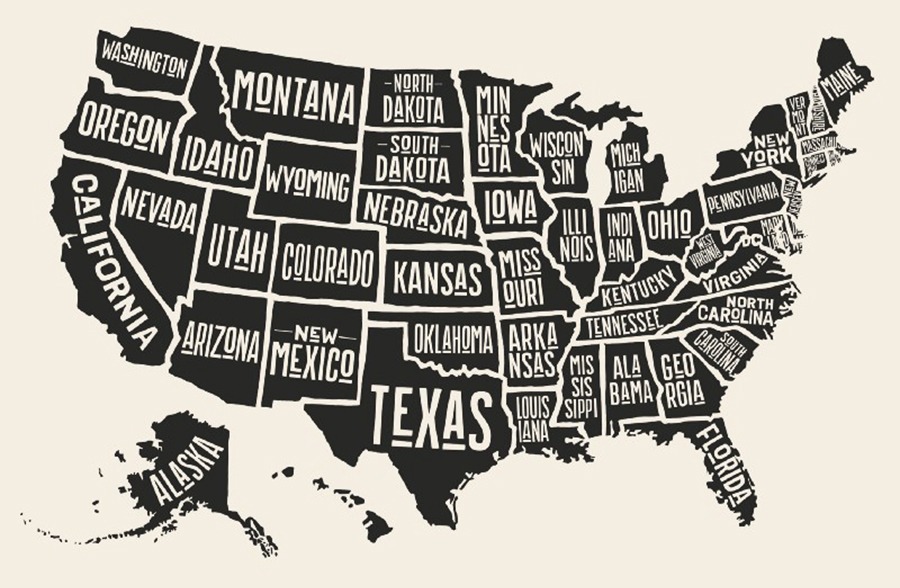States and localities are critical terrain in the fight against poverty and racial inequity.
April 5, 2018

What’s happening in your state government?
Many of us are closely following politics and policy at the federal level. And for good reason: the Trump Administration and Republican leaders in Congress are attempting to advance an agenda comprised of draconian attacks on low-income and working people, people of color, and immigrant communities.
Certainly, it’s important for people who care about justice to stay engaged with federal developments.
But we can’t forget about the important advocacy that’s happening at the state and local level.
States and localities are critical terrain in the fight against poverty and racial inequity. They make key decisions in the implementation of important federal programs, decisions that determine access to, or denial of, housing, healthcare, and vital public benefits. Important policy decisions on issues like criminal justice, domestic violence, and public education are driven by state and local decision-makers, often with limited federal input. And, on key economic justice issues — like the minimum wage, paid sick days, and fair scheduling — advocates have had significant success at the state and local levels.
And even more decision-making around key safety net programs, like SNAP, Medicaid, and other basic assistance, could soon be devolved to the states as Republican lawmakers advance their agenda at the federal level. For example, the Trump Administration recently started allowing state governments to impose harmful policies such as “work requirements” on Medicaid recipients, and has also proposed shifting massive costs for other programs to state governments through various schemes, from block grants and per-capita-caps to the SNAP “Harvest Box.” As states grapple with decisions on eligibility and coverage for these vital benefits, it is critically important to have advocates on the ground in the states working with low-income communities and communities of color to protect and advance their interests.
Put short: advocates and lawmakers can play game-changing defense at the state and local level — and they can also make significant progress in the fight for racial and economic justice.
A network of advocates is advocating on these issues.
The Legal Impact Network (LIN), organized by the Shriver Center, is a dynamic collaborative of state advocacy leaders working with communities across the country to end poverty and achieve racial justice. Through LIN, advocates working in different states connect and share knowledge, tools, and strategies. LIN advocates spearhead collaborative efforts to address the needs of people living in poverty and are developing projects and campaigns for multi-state advocacy.
LIN member organizations are engaged in key fights and have had many recent successes on behalf of people living in poverty:
LIN members are bringing their expertise to bear on federal issues as well. LIN recently organized a strategic convening that brought together experts in immigration, public benefits, and privacy policy. The convening focused on protecting immigrants from unnecessary exposure to enforcement, particularly as they access safety net programs. In anticipation of an impending effort from the Trump Administration to impede immigrant communities’ access to public benefits and services, LIN is working with the Protecting Immigrant Families, Advancing Our Future campaign to push back against harsh rules that will punish families who use vital assistance like housing, health care, and nutritional support.
The stakes of state-level lawmaking and advocacy in the fight for justice have never been higher.
If you care about poverty and justice, learn more about what’s happening in your state and local community. Get engaged with organizing efforts in your community and hold your lawmakers accountable. Taking action at the state and local level matters, now more than ever.